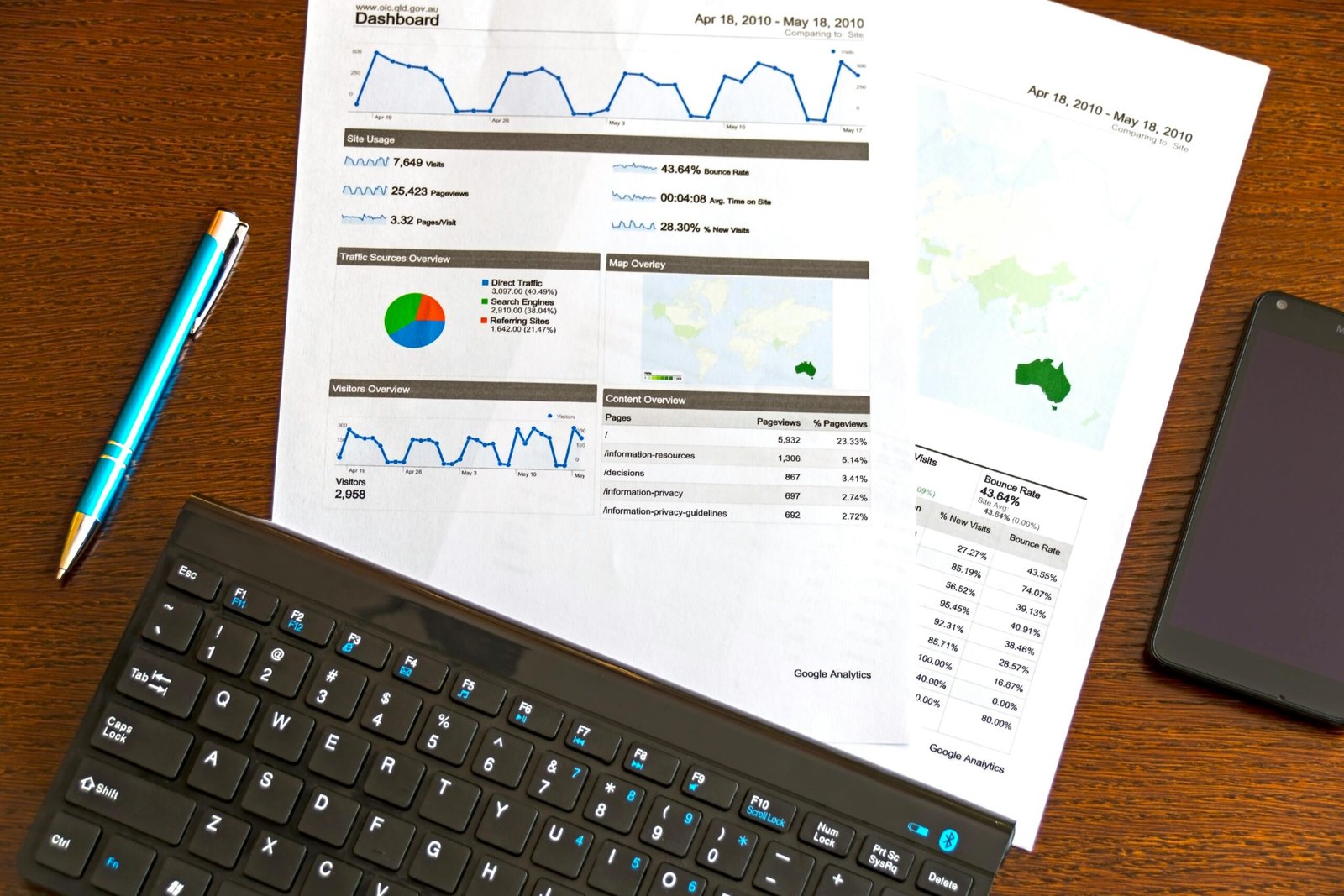In today’s fast-paced digital landscape, the effectiveness of marketing strategies is increasingly scrutinized through performance metrics. As businesses shift towards online platforms, understanding these key performance indicators (KPIs) has become paramount for success. The relevance of KPIs has gained significant attention due to the surge in digital marketing expenditures, which reached $500 billion in 2023, reflecting the industry’s robust growth and evolving strategies. However, the metrics deemed essential can often spark debate among marketers and analysts, with differing opinions on which indicators most accurately gauge success. This discourse highlights the complexities inherent in measuring digital marketing efficacy, emphasizing the need for a comprehensive understanding of these metrics.
Exploring the Facets of Key Performance Metrics
Key performance metrics in digital marketing encompass a broad spectrum of indicators that help businesses gauge their online performance. Traffic metrics such as website visits and page views provide initial insights into user engagement. Yet, these numbers alone are insufficient for determining true success. Metrics like conversion rates and customer acquisition costs (CAC) delve deeper, revealing how effectively a business turns visitors into paying customers. According to a HubSpot report, businesses that focus on conversion rate optimization see an average increase of 223% in revenue.
Moreover, return on investment (ROI) and lifetime customer value (LCV) metrics inform companies about the long-term impact of their marketing efforts. A well-rounded strategy integrates these indicators, offering a multi-faceted view of marketing success. As companies adapt to changing consumer behaviors, understanding these metrics’ implications becomes crucial. For instance, a McKinsey study highlights how personalized marketing, driven by performance data, can enhance customer experiences and retention rates.
Challenges and Considerations
Despite their importance, numerous challenges arise when navigating performance metrics in digital marketing. One significant debate centers around the accuracy of data collection methods. While tools like Google Analytics provide valuable insights, discrepancies can occur due to bot traffic or incomplete data sets, leading to misguided strategies. Furthermore, the ethical considerations surrounding data privacy and consumer consent cannot be overlooked. A recent report by the Digital Marketing Association emphasizes the need for transparent data practices as consumers become increasingly wary of how their information is utilized.
As the digital landscape evolves, so too do the metrics and methods for measuring success. Unresolved questions linger regarding the integration of artificial intelligence in data analysis and its potential impact on traditional performance metrics. Future developments may redefine how businesses interpret success, inviting ongoing discourse and critical examination of these evolving standards.
Case Studies or Real-World Applications
To illustrate the practical relevance of key performance metrics, consider the case of Nike, which implemented a data-driven approach to their marketing strategy. By leveraging metrics such as engagement rates and social media performance, Nike increased its online sales by 30% over a year. However, while the success was notable, the company faced challenges in adapting its marketing efforts to diverse consumer segments, highlighting the importance of continuous metric evaluation.
Another example is Airbnb, which utilizes performance metrics to refine its user experience continually. By analyzing conversion rates and customer feedback, Airbnb successfully enhanced its platform, resulting in a 25% increase in bookings. This case underscores the necessity for businesses to not only track KPIs but also adapt based on insights gathered from them.
Conclusion
In conclusion, the realm of key performance metrics in digital marketing is multifaceted and dynamic. As businesses navigate the complexities of measuring success, the importance of a balanced and informed approach cannot be overstated. While various metrics can provide insights into performance, the conversation surrounding their application remains ongoing. Understanding the nuances of these indicators will be vital as the digital marketing landscape continues to evolve, allowing businesses to adapt and thrive in an increasingly competitive environment.
Q&A Section
1. What are the most important key performance metrics for digital marketing?
The most crucial KPIs often include website traffic, conversion rates, customer acquisition costs, and ROI. Each metric provides valuable insights into different aspects of marketing effectiveness.
2. How can businesses improve their conversion rates?
Businesses can enhance conversion rates by optimizing their websites for user experience, employing targeted marketing strategies, and leveraging data analytics to understand consumer behavior.
3. What role does data privacy play in digital marketing metrics?
Data privacy is crucial, as consumers are increasingly concerned about how their information is used. Marketers must adopt transparent practices to maintain consumer trust and comply with regulations.
4. How can businesses effectively track key performance metrics?
Businesses can use tools like Google Analytics, social media insights, and marketing automation platforms to monitor their performance metrics accurately.
5. What future trends should marketers watch regarding performance metrics?
Marketers should pay attention to trends in AI and machine learning, as these technologies may revolutionize data analysis and lead to more personalized marketing strategies.
For further exploration on this topic, you can refer to the following resources:
- Neil Patel on Key Performance Metrics
- Forbes Insights on Digital Marketing
- Hootsuite’s Guide to Marketing Metrics
- Buffer’s Marketing Metrics Handbook
If you’re looking to improve your digital marketing strategies, including PPC, SEO, or website building, consider reaching out for expert consulting services at Business Mold.
For further exploration of digital disruption or if you require business consulting or digital marketing services, visit our services page at Business Mold. Whether it’s PPC, SEO, or website building, we are equipped to elevate your business in the digital age.




